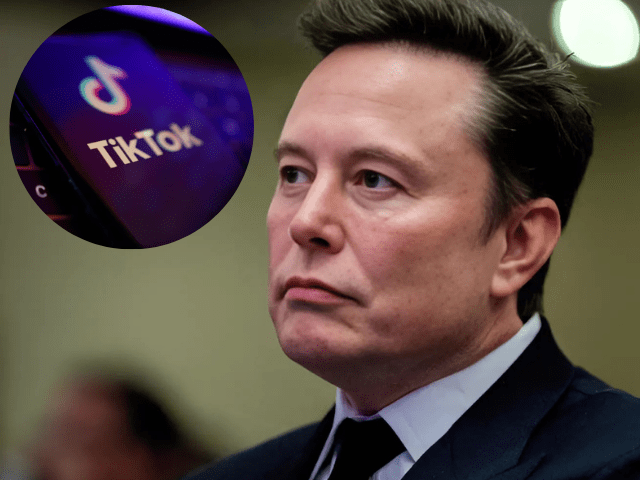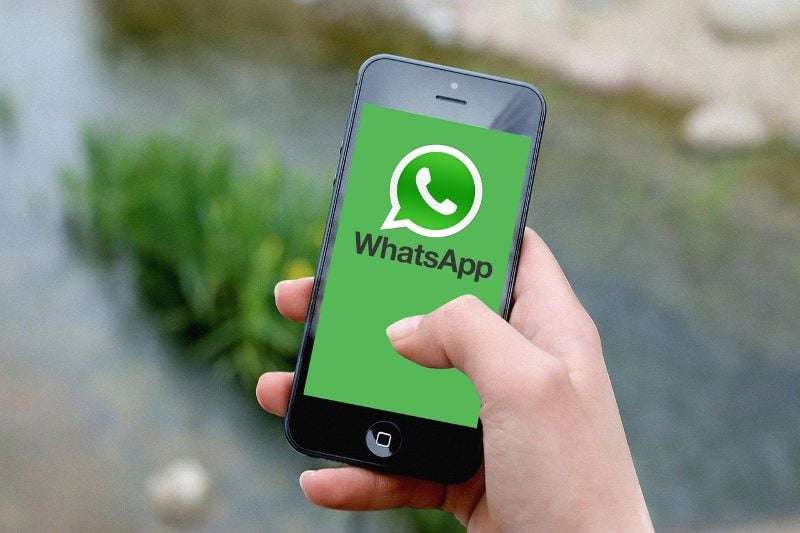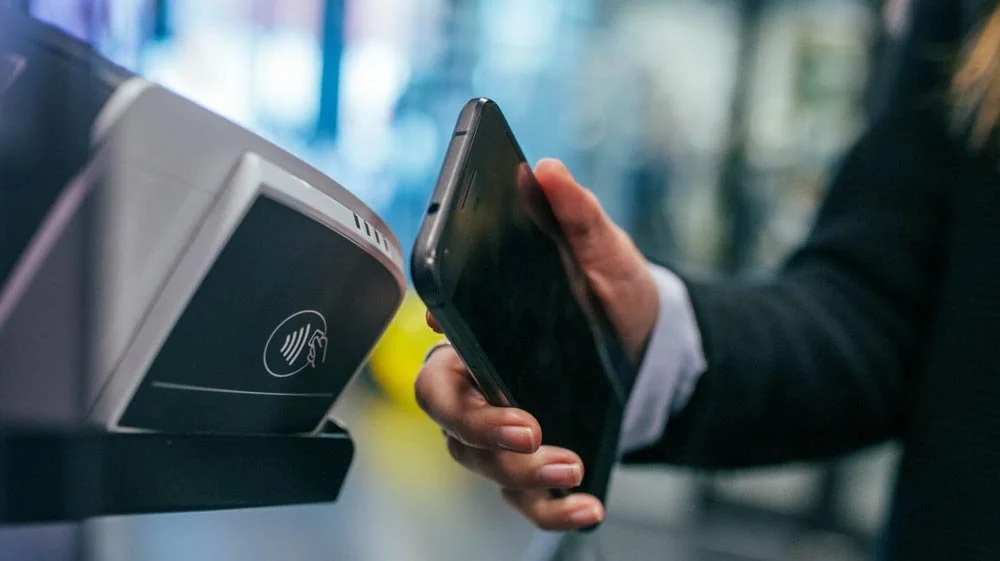TikTok Rejects Reports of Sale to Elon Musk, Calls It “Pure Fiction”
TikTok has swiftly denied reports suggesting that the Chinese government might allow Elon Musk to purchase the popular video-sharing platform. This revelation comes amid ongoing debates and uncertainty surrounding TikTok’s future in the United States. According to reports, Chinese officials had allegedly discussed the possibility of selling TikTok to Musk to avoid a potential ban in the U.S. The platform’s parent company, ByteDance, is facing pressure from the U.S. government to sell TikTok’s U.S. operations or face a ban. TikTok, however, has called these claims “pure fiction,” rejecting them outright.
Reports Spark Controversy Over Potential Sale to Elon Musk
On Tuesday, news outlets like Bloomberg News and The Wall Street Journal reported that Chinese officials had been contemplating the idea of selling TikTok to Elon Musk, the billionaire CEO of Tesla and SpaceX, in order to keep the app operational in the U.S. These reports further suggested that Chinese authorities were considering “contingency plans” to prevent a TikTok ban that was set to take effect imminently. The situation stems from the growing concern in the U.S. over national security, data privacy, and the platform’s influence on public opinion.
The reports also speculated that Musk, whose wealth exceeds $400 billion, might integrate TikTok into his own social media platform, X (formerly Twitter). However, key questions remain unanswered: How would Musk carry out such a purchase? What assets would he need to sell to fund the deal, and how would this align with his existing business interests?
TikTok’s Response: A Clear Rejection
TikTok responded to these reports by categorically labeling them as “pure fiction.” A spokesperson for the platform made it clear that the company would not comment on unsubstantiated claims and that no such deal or discussions were taking place between the Chinese government and Elon Musk.
The denial comes as TikTok faces increased scrutiny in the United States, where lawmakers and government officials have raised concerns over its data practices and potential ties to the Chinese government. This situation is further complicated by Beijing’s response to the possibility of ByteDance divesting its U.S. operations.
TikTok’s spokesperson stated, “We cannot be expected to comment on pure fiction,” putting to rest any further speculation regarding a potential sale to Musk.
The Threat of a TikTok Ban in the United States
Protecting Americans from Foreign Adversary Controlled Applications Act
At the heart of these recent developments lies the Protecting Americans from Foreign Adversary Controlled Applications Act, which has become a focal point in the ongoing TikTok ban debate. This bill, signed into law by outgoing President Joe Biden in April, grants the U.S. government significant powers to ban foreign-owned applications that are deemed to pose national security risks. The law is primarily aimed at addressing concerns about apps like TikTok, which is owned by the Chinese company ByteDance.
The law’s supporters argue that TikTok poses a significant risk to national security due to its ability to collect vast amounts of personal data from U.S. users. Additionally, critics worry that TikTok could be used as a tool for influencing public discourse or even manipulating elections. As the law moves forward, the U.S. Supreme Court is currently deliberating on the constitutionality of the proposed TikTok ban, which could set a precedent for future cases involving foreign tech companies operating in the U.S.
TikTok’s Legal Challenge to the Ban
In response to the Protecting Americans from Foreign Adversary Controlled Applications Act, TikTok has filed a legal challenge against the bill, arguing that it violates First Amendment protections. The company contends that the law infringes on free speech and could set a dangerous precedent for censorship, undermining the democratic principles that the U.S. seeks to protect.
However, during oral arguments before the Supreme Court last Friday, several justices expressed skepticism about TikTok’s arguments, signaling that they might lean toward upholding the ban. The Court’s decision could be a pivotal moment in the ongoing battle between U.S. national security concerns and the protection of free speech.
Political and Legal Landscape Surrounding TikTok
Concerns Over Data Privacy and National Security
The debate surrounding TikTok’s future in the U.S. has been largely driven by concerns over data privacy and national security. Lawmakers from both sides of the political spectrum—Democrats and Republicans alike—have raised alarms about the platform’s data collection practices. In particular, they are concerned that TikTok may be harvesting sensitive personal information from U.S. users and potentially sharing that data with the Chinese government.
TikTok has continually defended its data privacy practices, stating that the platform stores U.S. user data in the United States and Singapore, and that no data is accessible to the Chinese government. However, these reassurances have done little to quell the growing concerns within U.S. political circles.
Musk’s Involvement: A New Twist
The recent speculation about Elon Musk potentially buying TikTok adds an unexpected twist to the ongoing saga. While the idea of Musk owning the platform may seem far-fetched to some, it is important to note that Musk’s social media platform X (formerly Twitter) has already made waves in the industry. Musk’s bold moves in the tech and social media sectors have made him one of the most influential figures in Silicon Valley.
However, as with any high-profile business deal, the potential sale of TikTok to Musk raises several questions. Would such a deal make TikTok more palatable to U.S. regulators? How would Musk navigate the political and legal hurdles that come with such a high-profile acquisition? And most importantly, how would such a sale impact TikTok’s relationship with Beijing?
The Role of TikTok in U.S. Politics and Society
TikTok’s Influence on Public Opinion
One of the main concerns cited by U.S. lawmakers is TikTok’s influence on public opinion. The platform has become a powerful tool for shaping public discourse, especially among younger audiences. Its algorithm, which is designed to prioritize engagement and virality, has made it an incredibly effective platform for disseminating information, both positive and negative.
However, critics argue that TikTok’s influence may not always be neutral. The fear is that the Chinese government could use the platform as a tool for propaganda or to sway public opinion on key issues. This concern has been particularly heightened during election years when foreign influence in democratic processes becomes a hot-button issue.
Musk and Free Speech: The Intersection of Business and Politics
Elon Musk has long positioned himself as an advocate for free speech, especially through his ownership of X. His purchase of Twitter (now X) was seen as an effort to promote more open discourse on the platform. Some believe that Musk’s free speech stance could align with TikTok’s future in the U.S., potentially making the platform more open to diverse viewpoints.
However, the intersection of business and politics in such a high-profile acquisition raises several questions. Would TikTok’s content moderation policies shift under Musk’s ownership? And could the political ramifications of such a move impact both Musk’s personal reputation and TikTok’s standing in the U.S.?
FAQs:
1. Is there any truth to the reports of Elon Musk buying TikTok?
TikTok has denied the reports suggesting that Elon Musk would purchase the platform. The company has called these reports “pure fiction.”
2. Why is TikTok facing potential bans in the U.S.?
TikTok is facing potential bans in the U.S. due to concerns over data privacy, national security, and the platform’s potential for influencing public discourse.
3. What is the Protecting Americans from Foreign Adversary Controlled Applications Act?
This act, signed into law by President Joe Biden, gives the U.S. government the power to ban foreign-owned applications like TikTok if they pose national security risks.
4. How is TikTok challenging the proposed ban in the U.S.?
TikTok has filed a legal challenge to the Protecting Americans from Foreign Adversary Controlled Applications Act, arguing that it violates First Amendment rights.
5. Could Elon Musk buying TikTok change its future in the U.S.?
While the idea of Musk buying TikTok has been discussed, it remains speculative. If such a deal were to happen, it could impact TikTok’s future in the U.S. by potentially addressing regulatory concerns related to its ownership.



